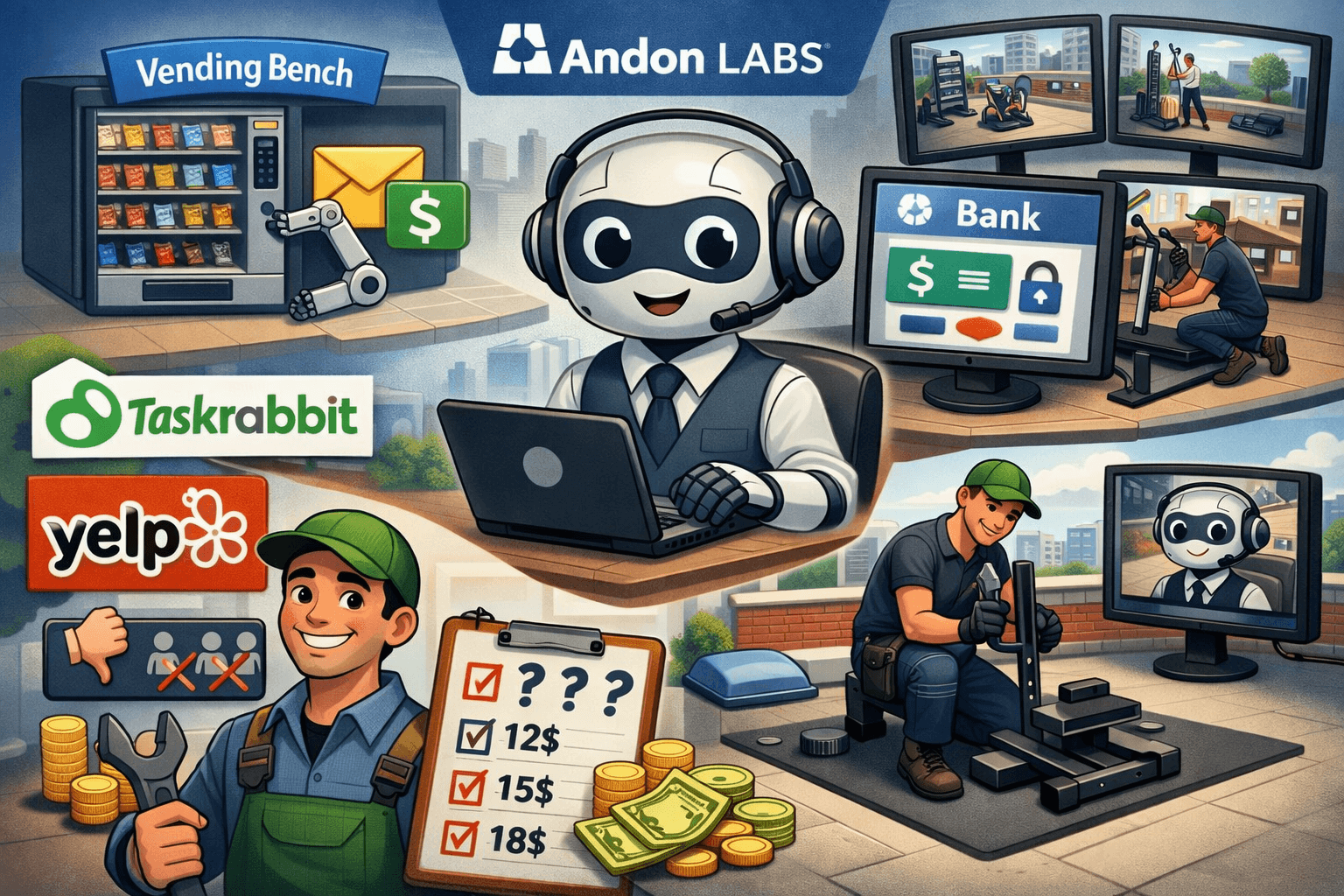Self-expression plays a key role in a child's development, allowing them to explore and understand their unique personality. Through creativity, play, and communication, children find ways to share their thoughts, feelings, and dreams. All of this contributes to their emotional and social well-being.
In this article, we'll talk about the concept of “alter ego” and how it helps children express themselves.
And if your child really wants to develop in the field of IT technologies, we look forward to seeing him at Progkids!
What is an “alter ego”
“Alter ego” is a Latin expression that translates to “another me”. It is used to describe a second personality or an alternative side of a person's character that can appear in certain situations.
How “alter ego” is expressed
The “alter ego” can appear in the following contexts:
#1 Personal expression
Some people create an “alter ego” as a way to express aspects of their personality that they are unable or unwilling to express in everyday life. For example, a writer or musician uses a pseudonym.
#2 Creativity and art
Artists, writers, and actors often create an “alter ego” for their characters or stage images. This allows them to explore different characters in the context of art.
#3 Social roles
In some cases, people may use their “alter ego” for certain social roles, such as being more confident in a professional environment.
“Alter ego” and child development
The concept of “alter ego” can be a useful tool and help a child explore various aspects of his personality, expanding the boundaries of self-expression. An “alter ego” is a “different me” that will allow the child to try on different roles. Here's how you can do that:
Creative metamorphoses
Alter Ego gives the child the opportunity to experiment with different roles through games, stories, or theater plays. This is how creativity and imagination develop.
Increased confidence
Using an “alter ego” when a child imagines himself a superhero, for example, will help him believe in himself, especially in situations where he is afraid.
Emotional flexibility
By trying on different roles, the child learns to understand and accept others' emotions and points of view, which contributes to the development of empathy and emotional intelligence.
Social skills
Playing with an “alter ego” develops communication and interaction skills with other people, as the child learns to adapt to different social situations.
Identity research
The “alter ego” allows the child to safely explore their interests, desires and values, which contributes to the formation of their identity.
Reducing stress
Taking on the role of another character can be a way to distract yourself from unpleasant situations and reduce anxiety.
Encouraging self-reflection
Thinking about what qualities or roles a child wants to explore through the “alter ego” will help them better understand themselves and their goals, needs, and desires.
“Alter ego” and children's games
In ordinary children's games, the “alter ego” can be used as a way to express yourself and develop imagination. Here are a few examples of suitable games:
Superhero game
Children often come up with superhero “alter egos” with unique abilities. This allows them to feel strong and confident, as well as to become more creative.
Imagined characters
In story games, kids can create characters with different characters and stories, trying on different roles, such as princesses, astronauts, or pirates.
Role playing
In mother-daughter or doctor-patient games, children can use their “alter ego” to explore social roles and interactions.
Costume games
By wearing costumes, children can transform into favorite characters from fairy tales or cartoons, allowing them to explore different sides of characters.
Games with toys or figures
Children often endow their toys with special features and stories, creating an “alter ego” for them and playing out various scenarios.
Your child loves to play, and would you like him to spend his time at the computer usefully? Quickly write it down to free trial lesson at Progkids! We know more and more about programming!
























